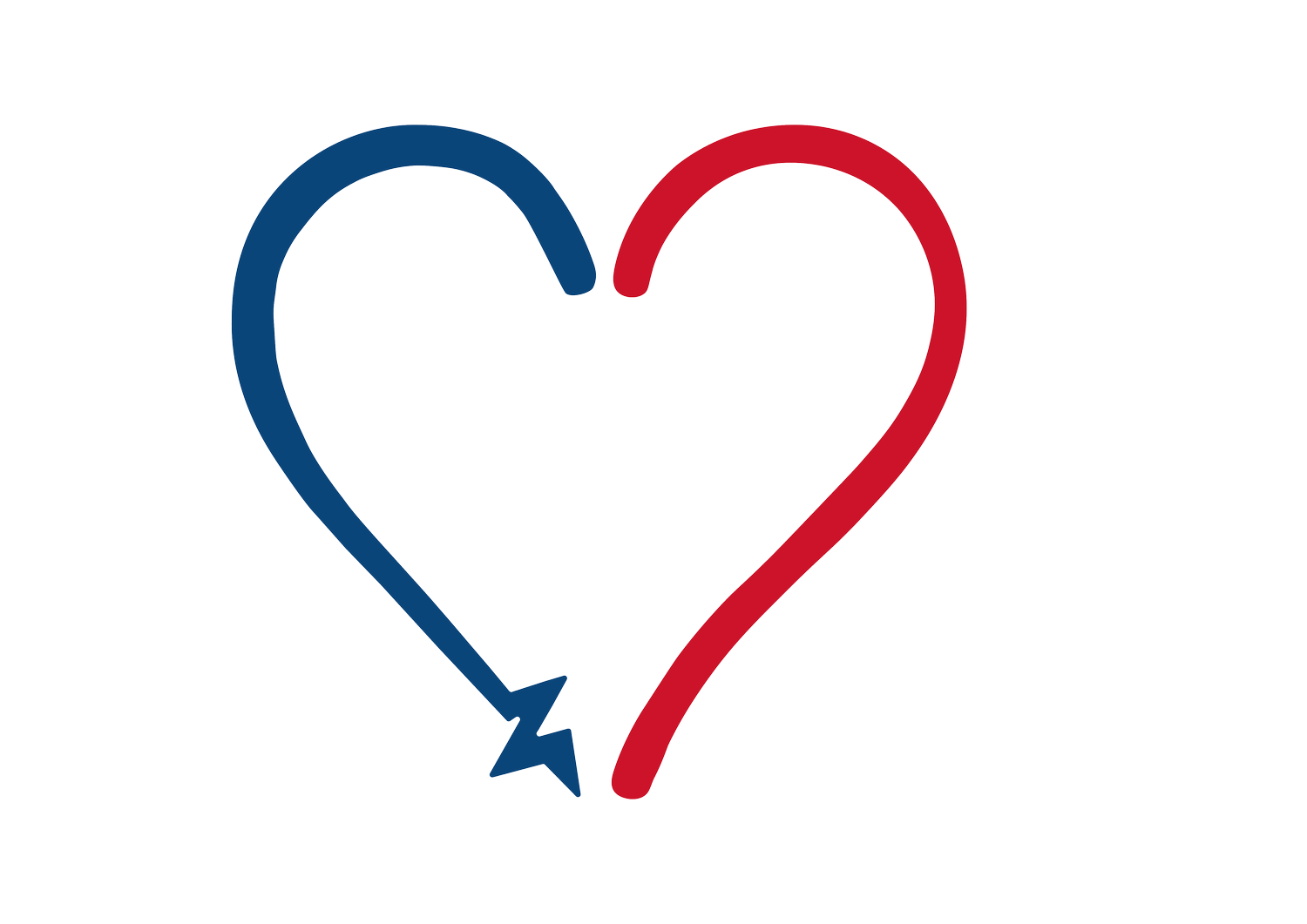In 1982, Dr David Skinner was a senior registrar in the emergency department at St Bartholomew’s Hospital (Bart’s). His role included attending patients who had collapsed with chest pain within the City of London. Uniquely, the Bart’s coronary ambulance carried a defibrillator, at the time ordinary ambulances didn’t.
David frequently found when he arrived that despite their desire to help, no-one had known what to do for the collapsed individual.
He knew from work in Brighton, Belfast and particularly Seattle (USA) that early 'CPR' followed by early defibrillation improved outcome from collapse secondary to the abnormal heart rhythm (ventricular fibrillation), a common complication of heart attacks. The data said specifically that if Cardio Pulmonary Resuscitation (CPR) was given within 4 minutes and defibrillation given within 8 minutes, then survival could be as high as 43%.
With the above in mind, and a small fund from a helpful cardiologist (Prof John Camm), he employed Fiona Whimster to manage the organisation, and launched Bart’s City Life Saver in 1986 just before becoming a consultant.
The simple objectives of the organisation which were conceived at its launch and remain valid today are:
To train members of the public to recognise the signs and symptoms of heart attack early and call for help;
To effectively support and reassure the individual whilst waiting for help to arrive;
To manage a casualty if they collapse and become unconscious;
To provide basic life support in the event of cardiac arrest.
Over the last 25 years the workload and organisation of the Charity has increased. With the advent of automated external defibrillators (AEDs), training in their use was added, allowing anyone to safely and effectively “jump start” the heart back into a normal rhythm. Over time, our range of courses has grown to include baby and child resuscitation and scenario based simulation training. Our training methodologies have been developed over the years and we provide the best training available in the UK.

